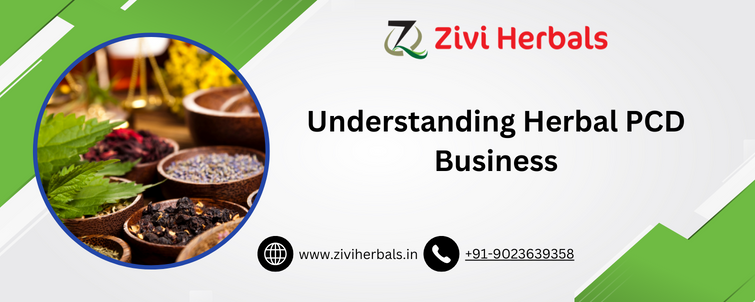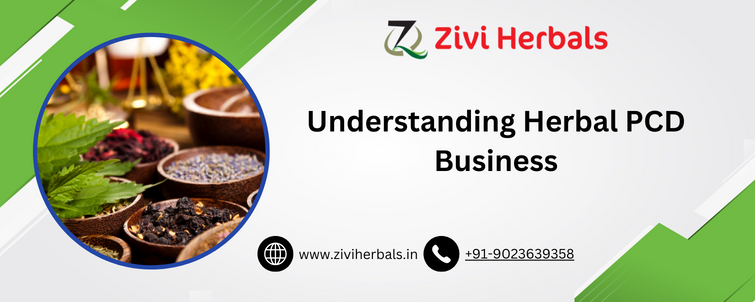Understanding Herbal PCD Business
Herbal PCD Business
In India, PCD stands for Propaganda Cum Distribution. Herbal PCD business refers to a business model where a company gives rights to its distributor for the promotion and distribution of herbal products in a specific area. This allows individuals to start their own business without the need for a huge investment in manufacturing or research. Here’s what you need to understand about Herbal PCD business:
- Herbal PCD business provides an opportunity for individuals to distribute herbal products in their designated area.
- It offers a chance to enter the herbal industry with comparatively lower investment and risk.
- The distributor gets rights to promote and distribute herbal products under the company’s brand name in a specific region.
- This business model is particularly popular in the pharmaceutical and healthcare sector in India.

Market Research and Analysis
Before starting a herbal PCD business in India, it is crucial to conduct thorough market research and analysis. This involves understanding the demand for herbal products in the market, identifying potential competitors, and determining the preferences of the target audience. Market research helps in assessing the feasibility of the business and making informed decisions. It also provides insights into consumer behavior and market trends, which are essential for developing a successful business strategy. By gathering data on market size, growth potential, and distribution channels, you can effectively position your herbal PCD business for success in the Indian market.
Regulatory Requirements and Legalities
To start a herbal PCD business in India, you need to be aware of the regulatory requirements and legalities. Here are the key points you should keep in mind:
- Herbal products fall under the purview of the Drugs and Cosmetics Act, 1940, and the Drugs and Cosmetics Rules, 1945 in India.
- To manufacture and sell herbal products, you need to obtain the necessary licenses and registrations from the Central Drugs Standard Control Organization (CDSCO) and State Drug Control Authorities.
- It is essential to comply with the labeling and packaging requirements specified by the regulatory authorities to ensure that your products meet the mandatory standards.
- Adhering to Good Manufacturing Practices (GMP) and quality control measures is crucial to ensure the safety, efficacy, and quality of herbal products.
- You must also be aware of the advertising and promotional regulations for herbal products to avoid any legal implications.
- It is advisable to seek professional legal counsel to understand the specific legal requirements and procedures related to establishing and operating a herbal PCD business in India.
Product Selection and Procurement
When starting a herbal PCD business, it’s crucial to carefully select the products you want to offer and find reliable sources for procuring them. Here are some key points to consider:
- Selecting Products: Choose herbal products that are in demand and have a good track record in the market. Consider factors such as the popularity of the product, its efficacy, and potential competition.
- Procurement: Identify reputable suppliers or manufacturers who can provide high-quality herbal products at competitive prices. Ensure that the products meet regulatory standards and have necessary certifications.
- Quality Control: Establish a system for quality control to ensure the products you procure meet the required standards and are safe for consumption.
By focusing on product selection and procurement, you can lay a strong foundation for your herbal PCD business in India.
Branding and Marketing Strategies
When starting a herbal PCD business in India, it’s important to have strong branding and marketing strategies in place to stand out. Here are some key points to consider:
- Establish a compelling brand identity that reflects the uniqueness and quality of your herbal products.
- Identify your target audience and tailor your marketing efforts to reach them effectively.
- Utilize digital platforms such as social media, website, and email marketing to promote your brand and products.
- Collaborate with influencers or industry experts to gain visibility and credibility in the market.
- Offer promotional deals or discounts to attract new customers and retain existing ones.
Remember, effective branding and marketing are essential for the success of your herbal PCD business in India.
Sales and Distribution Channels
When starting a herbal PCD business in India, it’s important to consider your sales and distribution channels. This involves deciding how you will sell your products and how they will reach the market. Here are some key points to keep in mind:
- Direct Sales: You can sell your herbal products directly to customers through your own sales team or through e-commerce platforms.
- Franchise Model: Another option is to establish a franchise model, where you can recruit franchise partners who will sell your products in their respective regions.
- Third-Party Distributors: Utilizing third-party distributors can help you reach a wider market by outsourcing the distribution of your products to experienced professionals.
By carefully considering your sales and distribution channels, you can effectively bring your herbal products to market and establish a successful business in the industry.
Financial Planning and Investment
When starting a herbal PCD business in India, it’s essential to plan your finances and make smart investments. Here are some key points to consider:
- Initial Investment: You’ll need to calculate the initial investment required to set up your business, including expenses for licenses, product procurement, marketing, and administrative costs.
- Budgeting: Proper budgeting is crucial to ensure that you allocate funds for all aspects of your business, including manufacturing, packaging, branding, and distribution.
- Return on Investment: Evaluate the potential return on your investment by conducting market research and understanding the demand for herbal products in the Indian market.
- Risk Management: Identify potential risks and develop strategies to mitigate them. This could include factors like market fluctuations, production challenges, or changing regulations.
- Financial Growth Plan: Develop a clear plan for the growth and expansion of your business, considering factors like scaling production, entering new markets, and diversifying your product range.
By understanding the financial aspects of your herbal PCD business, you can make informed decisions to ensure its success in the competitive Indian market.
Managing Operations and Inventory
In order to manage operations and inventory effectively in herbal PCD business, it is important to keep track of the stock levels and ensure timely replenishment. This can be done through the use of efficient inventory management software, which can help in monitoring stock movement, identifying fast-moving items, and tracking expiration dates. Additionally, establishing strong relationships with reliable suppliers is crucial to maintain a steady supply chain and prevent stockouts. Implementing a systematic approach to inventory control will ensure smoother operations and customer satisfaction.
Customer Relationship Management
Customer Relationship Management (CRM) is crucial for any herbal PCD business. It helps in building and maintaining strong relationships with customers, leading to increased loyalty and satisfaction. Here are some key points to consider:
- Effective communication: Regular interaction with customers via phone calls, emails, or social media helps in understanding their needs and addressing any concerns promptly.
- Personalized approach: Tailoring your communication and offerings to match individual customer preferences can enhance their experience and loyalty.
- Feedback collection: Actively seek feedback from customers to understand their opinions about your products and services, and use it to improve your offerings.
- Record keeping: Maintain a detailed record of customer interactions and purchases, which can provide insights for future marketing strategies.
- Technology integration: Utilize CRM software or tools to streamline customer data management and communication processes.
Scaling and Future Opportunities
When starting a herbal PCD business in India, it’s important to consider the potential for scaling and future opportunities. The herbal products industry in India is experiencing significant growth, with increasing consumer demand for natural and organic products. This presents a promising opportunity for expansion and diversification within the herbal PCD business. Key points to consider include:
- Market Trends: The current market trends indicate a growing interest in herbal and natural products, providing a favorable environment for the expansion of your business.
- Diversification: As the herbal products market evolves, there may be opportunities to diversify your product range to meet changing consumer preferences and emerging trends.
- Brand Positioning: Establishing a strong and differentiated brand identity can help position your business for long-term success and growth within the herbal products industry.





